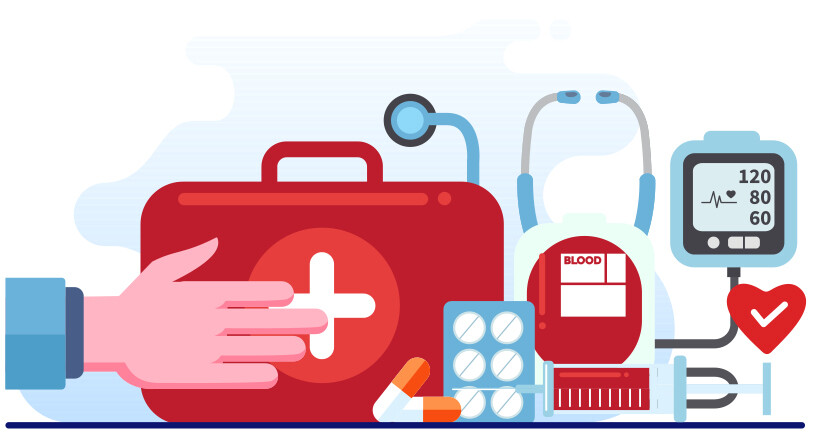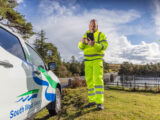
Getting the right health care in Civvy Street
There are many changes to get used to when you leave the Armed Forces. Among them is where and how you access healthcare. Rather than turning up at the Medical Centre to see the Doctor for most things, the NHS has many services which can help and support you and your family.
At home
Obviously, there’s no sick parade at 0800 on Civvy Street. For many issues the first line of defence is to manage at home using common over the counter medicines for pain and discomfort. It’s useful to have a supply of the basics in your home medical kit – your pharmacist can advise you on what to include.
If you suspect you have an infection that could be transmitted to others, stay at home where possible and if appropriate, let your employer know.
Another option is to use the NHS website, www.nhs.uk which has lots of healthcare advice and if you’re still not sure, call NHS 111 – they’ll be able to point you in the right direction. The NHS also has a dedicated section for the Armed Forces community, which includes information on dedicated services for veterans.
Visit: www.nhs.uk/armedforceshealth to find out more.
Pharmacy
Your local pharmacy is a good source of support. Pharmacists are highly qualified and experts in medication. Most pharmacies have private consulting areas where they can offer advice. Your local pharmacy can provide a range of services for example advice on medication, flu jabs, support with stopping smoking etc.
General Practitioner and the wider primary Healthcare Team
As part of your resettlement process you should have registered with a GP practice. If you haven’t already done this, it’s best to do so as soon as possible rather than wait until you are ill. Your GP and the wider primary healthcare team at the GP practice can support you with a range of non-urgent physical or mental health issues.
TOP TIP: Make sure you tell your GP that you have served in HM Armed Forces so this can be noted in your medical record. This means that your GP can refer you, where appropriate, to dedicated health and wellbeing services for veterans.
Op COURAGE
Op COURAGE is a mental health and wellbeing service for anyone who has served in the Armed Forces, regardless of length of service. If you find the transition to civilian life overwhelming, are worried about low mood, anxiety or maybe you have or think you may have Post Traumatic Stress Disorder (PTSD), then Op COURAGE can help you. Your GP can refer you or you can self-refer using the details on the NHS website at www.nhs.uk/opcourage
Urgent Treatment Centres (UTC)
UTCs provide urgent medical attention where it’s not a life-threatening situation. UTCs are open at least 12 hours a day, every day.
UTCs can help with:
- sprains and strains, cuts and grazes
- suspected broken limbs
- minor head injuries
- bites/stings
- minor scalds/burns
- ear/throat infections
- skin infections/rashes
- eye problems
- coughs
- fever
- stomach pain, being sick and diarrhoea
- emergency contraception
Find your nearest UTC by googling Urgent Treatment Centre or phoning NHS 111.
Accident and Emergency (A&E)
In an emergency such as chest pain, loss of consciousness, heavy blood loss or similar, it is appropriate to attend your nearest A&E department or call 999 for an ambulance. Both A&E and 999 are emergency services for where there is a danger to life. If you are unsure, call NHS 111 for advice.



